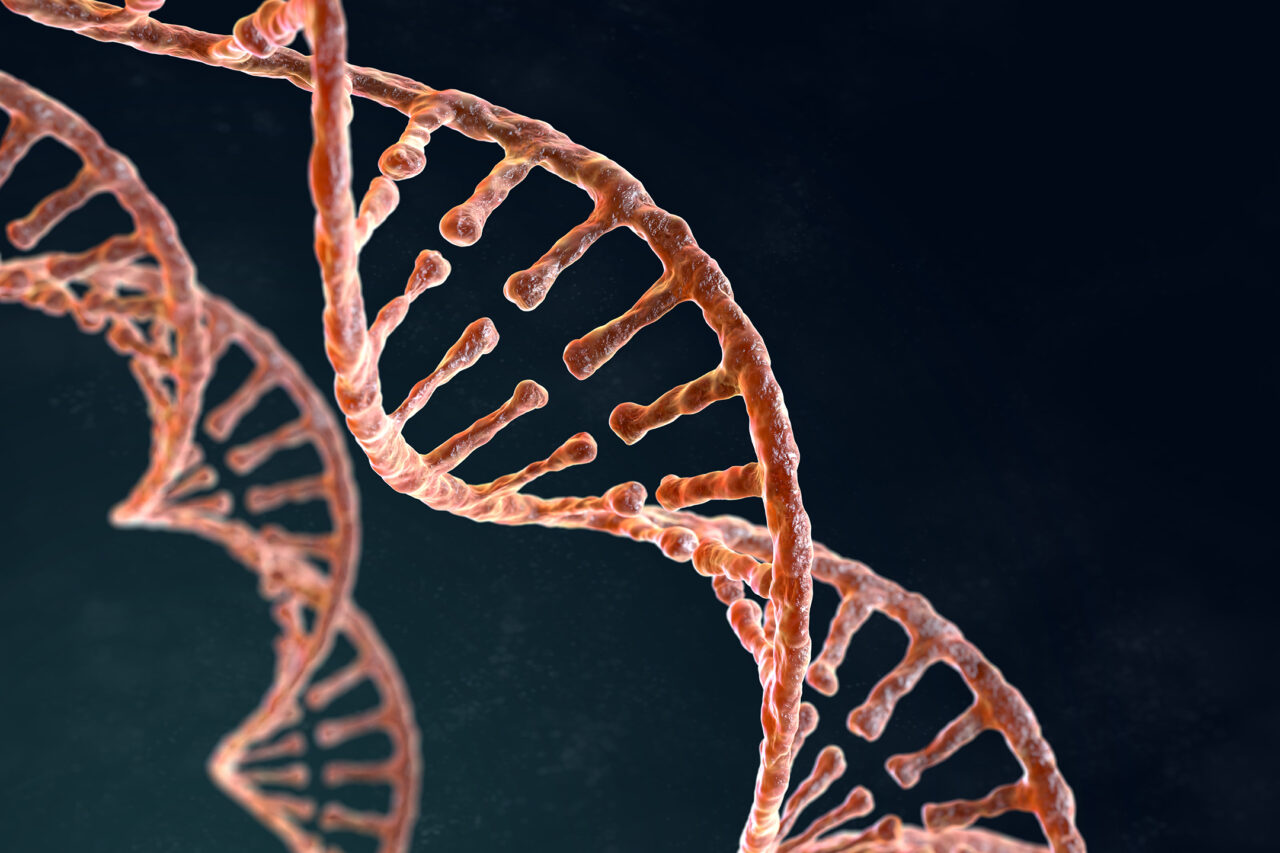During DNA replication, topoisomerase proteins (TOPs) play a critical role in making temporary DNA-strand breaks so they can be untangled and made accessible to the replication machinery. Some chemotherapies, such as camptothecin work by trapping TOPs on the DNA, causing sustained breaks and cell death.
The TDP1 protein can help repair this damage, but it is not clear what other players may be involved in this process. A new study led by Huimin Zhang, Ph.D., Yun Xiong, Ph.D., and Junjie Chen, Ph.D., used a whole-genome CRISPR screen to identify MUS81 as a key protein in repairing damage from topoisomerase 1 (TOP1) in the absence of TDP1. They clarified the mechanism for MUS81’s activity and showed that loss of both TDP1 and MUS81 enhanced cancer cell sensitivity to camptothecin.
These findings suggest that MUS81 could be an alternate target to improve the activity of certain cancer therapies.


